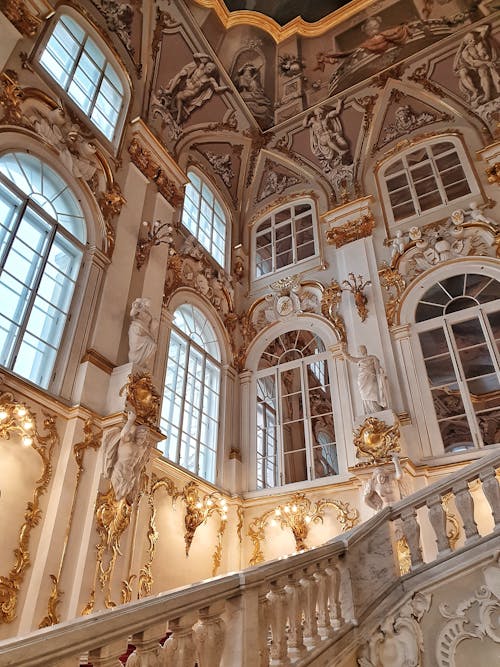 In today’s digital age, art has taken on a whole new dimension. Gone are the days of static paintings hanging on museum walls. Enter the era of interactive art museums, where visitors become active participants in the creative process. With the advent of technology, artists are now able to create immersive and engaging experiences that blur the line between the virtual and physical worlds. In this blog article, we will explore the fascinating world of interactive art museums and how they are revolutionizing the way we engage with art.
In today’s digital age, art has taken on a whole new dimension. Gone are the days of static paintings hanging on museum walls. Enter the era of interactive art museums, where visitors become active participants in the creative process. With the advent of technology, artists are now able to create immersive and engaging experiences that blur the line between the virtual and physical worlds. In this blog article, we will explore the fascinating world of interactive art museums and how they are revolutionizing the way we engage with art.
The Rise of Interactive Art Museums
Traditional art museums have long been revered as sanctuaries of culture and history. However, they have often been criticized for being elitist and inaccessible to the general public. Interactive art museums aim to break down these barriers by providing a more inclusive and Interactive art museum . These museums leverage technology to create dynamic installations that encourage visitors to actively engage with the artwork.
Exploring the Digital Canvas
One of the most exciting aspects of interactive art museums is the ability to explore the digital canvas. Artists are no longer limited by physical constraints and can now create virtual worlds that transport visitors to new dimensions. From immersive virtual reality experiences to interactive projections, the digital canvas offers endless possibilities for artistic expression.
Engaging the Senses
Interactive art museums go beyond the visual realm and engage all the senses. Visitors can now touch, hear, and even smell the artwork. From interactive sculptures that respond to touch to installations that emit ambient sounds, these museums provide a multi-sensory experience that immerses visitors in the world of art.
The Power of Collaboration
Interactive art museums also emphasize the power of collaboration. Visitors are encouraged to actively participate in the creative process, blurring the boundaries between artist and spectator. Through interactive installations and workshops, visitors can contribute to the artwork and become part of the artistic community.
Conclusion
The era of interactive art museums has arrived, bringing with it a new wave of creativity and engagement. These museums provide a platform for artists to push the boundaries of traditional art and explore new mediums. By embracing technology and inviting visitors to actively participate, interactive art museums are revolutionizing the way we experience and appreciate art. So, grab your smartphone or put on your virtual reality headset and embark on a journey through the digital canvas of interactive art museums.

